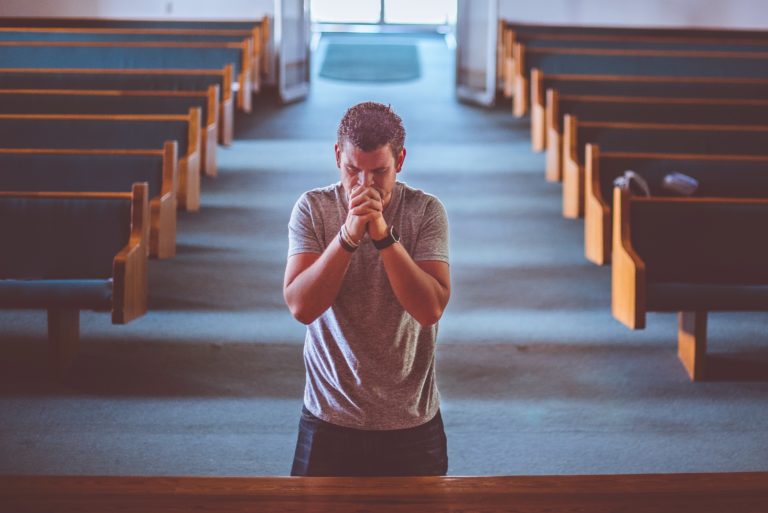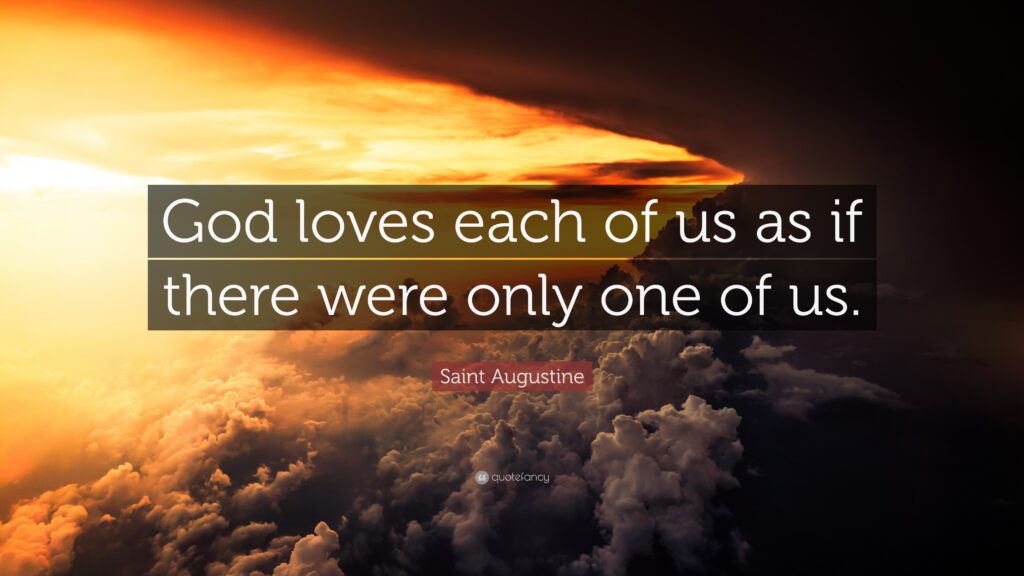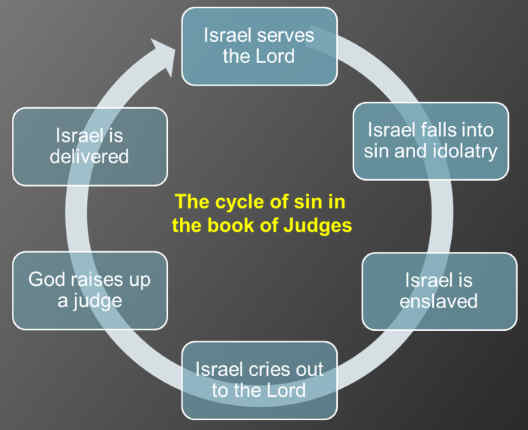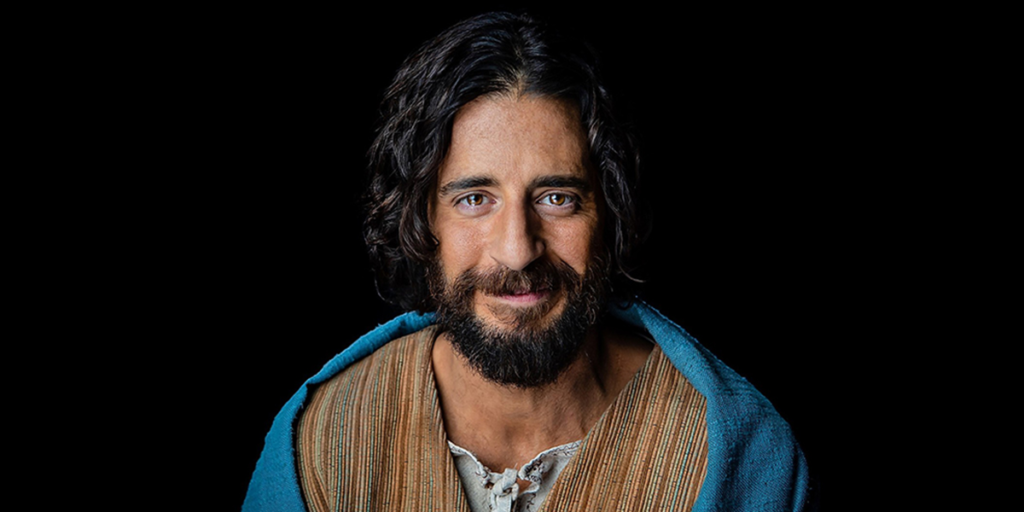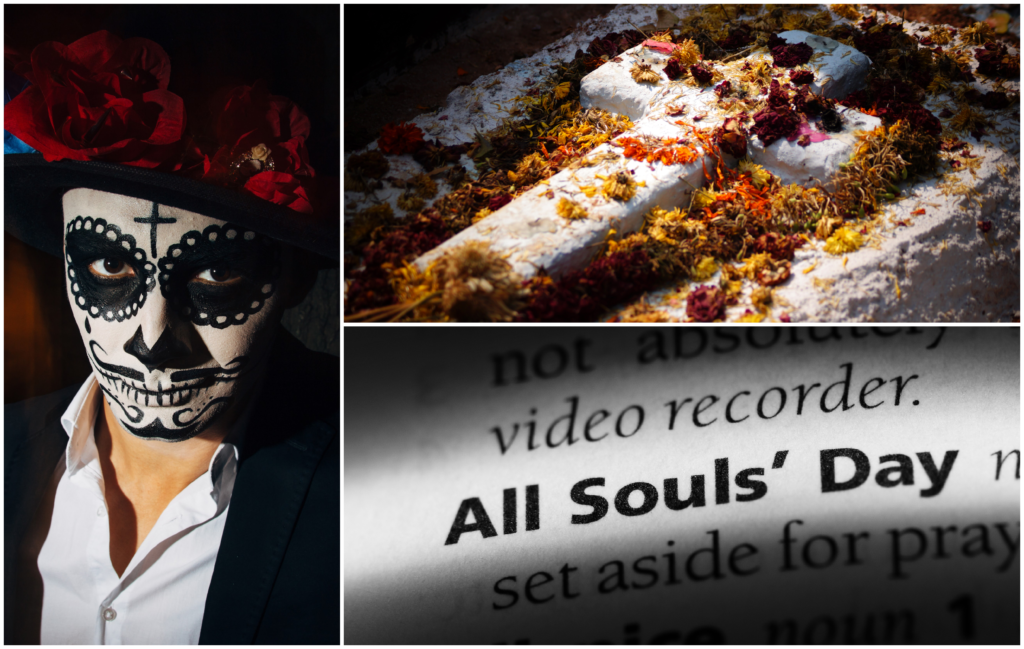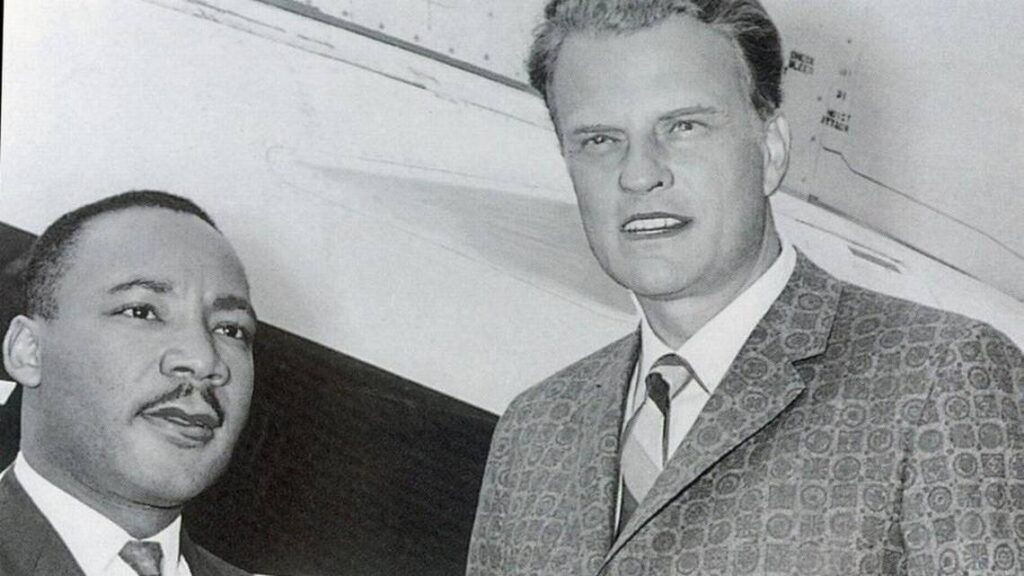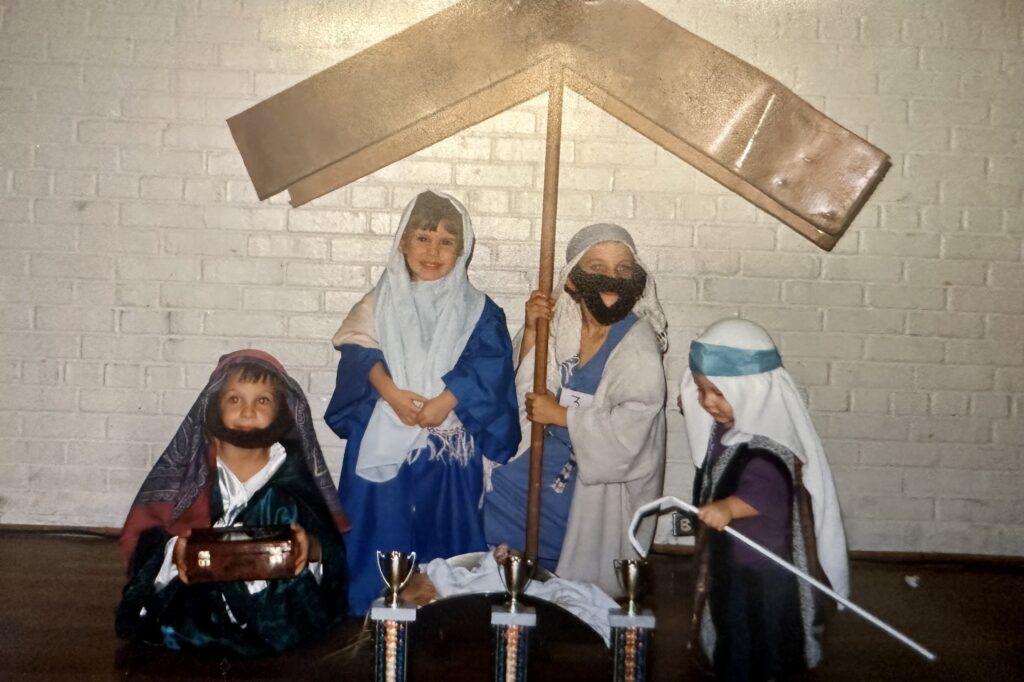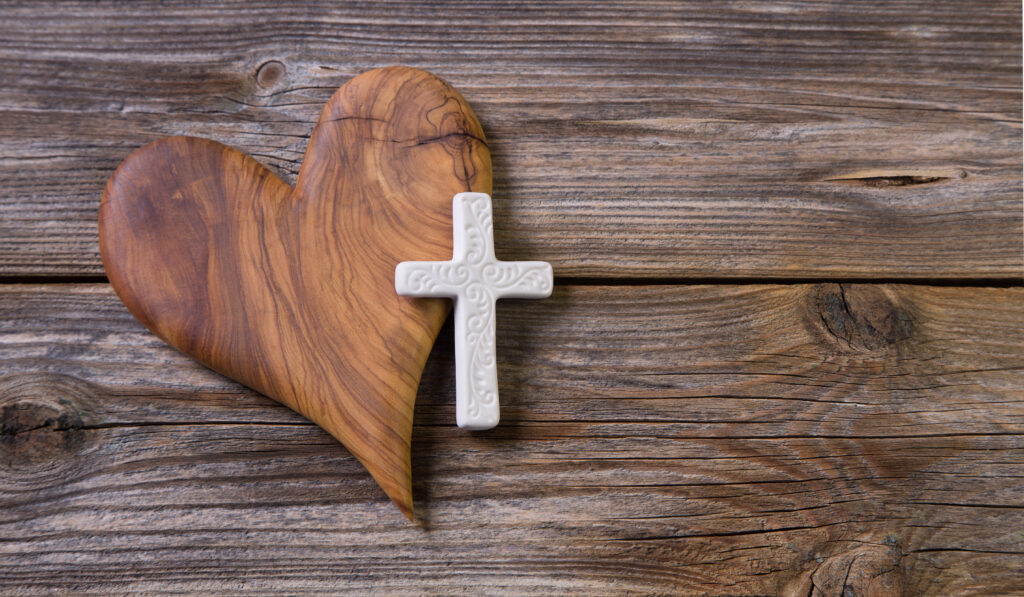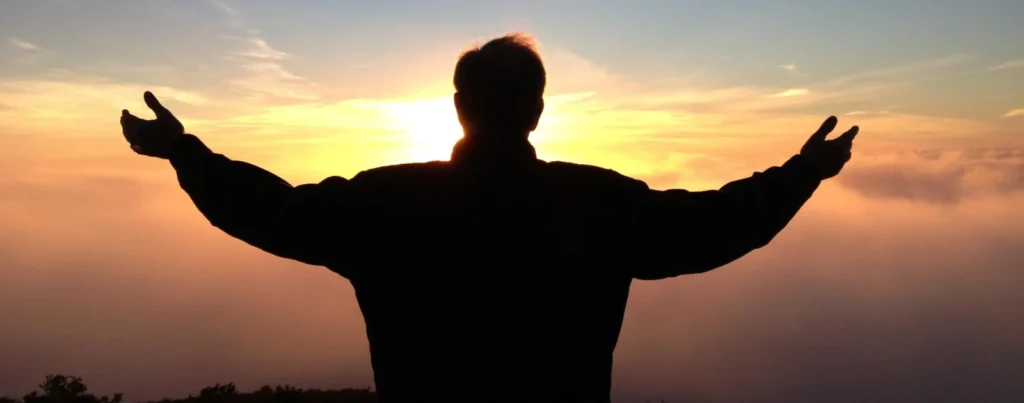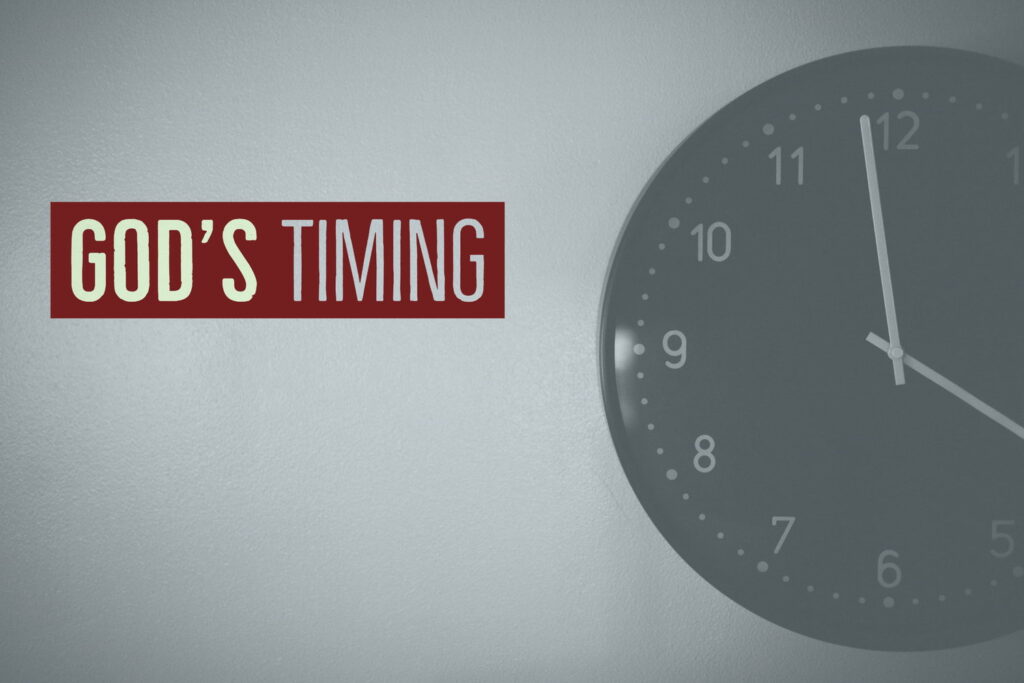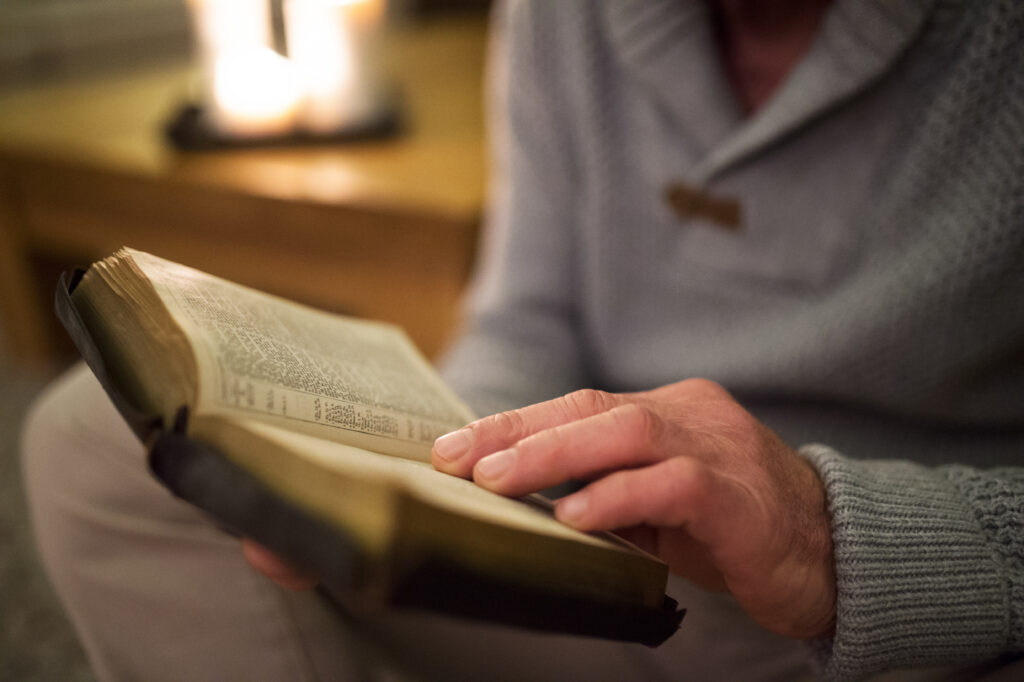We know that, with all the distractions from the real purpose of Christmas, Jesus is the reason for the season. This Christmas Season I want to examine Jesus’ reason for coming to earth as the Son of God. I mean, Jesus is the reason for the season, but what was His reason for coming? I’ll spend this December’s blogs answering that question.
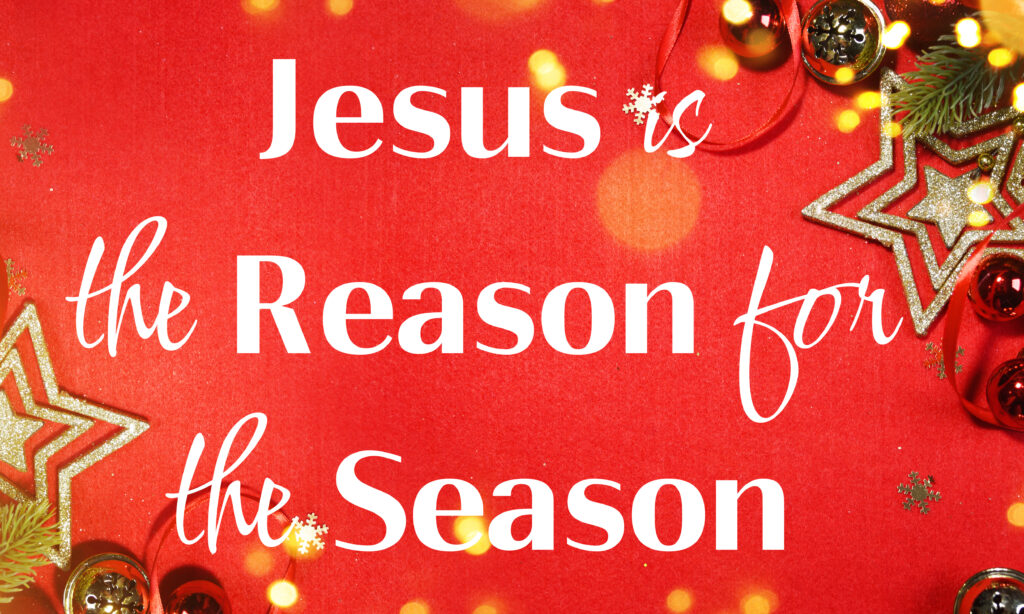
Reason #1: Freedom.
Jesus was born into a culture of barriers to many types of freedom. Those who accepted Him as Messiah often misunderstood the type of freedom He would bring, which barriers He would remove.
The barrier many expected to be removed was oppression by an imposing empire, Rome in this case, but, had He arrived earlier, it could’ve been the Greeks, the Medes, the Persians, Babylon, Assyria or Egypt. Israel had been ruled for a total of more than half a millennium, if you add up all the eras of oppression.

This was the freedom the Jews hoped for and expected.
Then there were other freedoms they sought. John the Baptist wanted deliverance from His prison cell. One Jewish man asked for freedom from perceived unfair treatment by his brother in a civil squabble. But Jesus made it clear that these were not the freedoms He brought.
Jesus pointed us to a different kind of freedom, one that many haven’t even known we needed. He said that the freedom He would provide would be the truest kind. Free indeed was the wording He used. The tethers He’d remove would be the strongest and most deceptive. We didn’t realize they were even there, yet they’d restricted our very ability to think and live.
Jesus came to set us free from sin.

But why did we need freedom from sin? What would we do with this freedom? What would be its purpose? To what would this freedom lead?
We find that answer, not in the words of Jesus, but in those of His servant Paul, who wrote, “It is for freedom that Christ has set us free.”

In the movie The Patriot, an African American slave named Moses learns that he will gain his freedom after the U.S. wins the war. A small-minded bigot in his group of militia sarcastically and derogatorily asks, “What are you going to do with freedom?”
In the movie Harriet, Harriet Tubman tells her former master, “God don’t mean people to own people.”
These two movie lines affirm Galatians 5:1 concerning a different, albeit vital, kind of freedom. The truth of Paul, Moses (in The Patriot) and Harriet (also known as Moses) is this: freedom, itself, is the reason for being made free. Freedom isn’t merely a means to an end; it is the end.
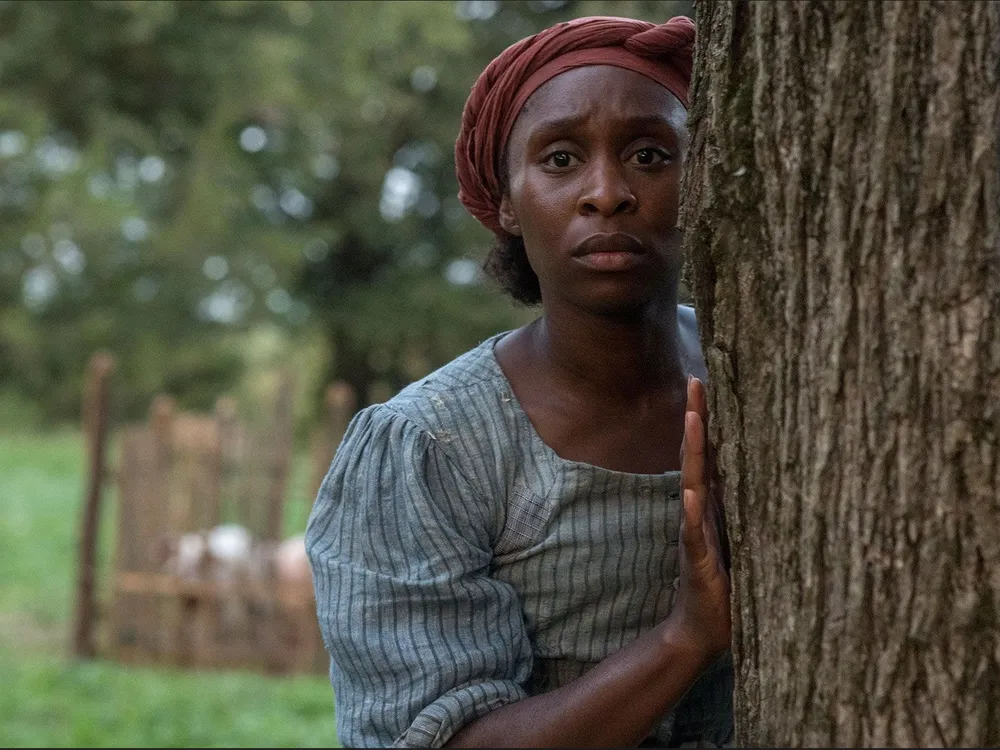
Freedom is the reason Jesus came; it’s the reason Christmas exists.
And we can say, concerning our spiritual, eternal freedom what MLK Jr. said about the hope for American civil freedom: Free at last! Free at last! Thank God Almighty, we’re free at last!
The ultimate, the final, the end: Freedom in Christ! Merry Christmas!



